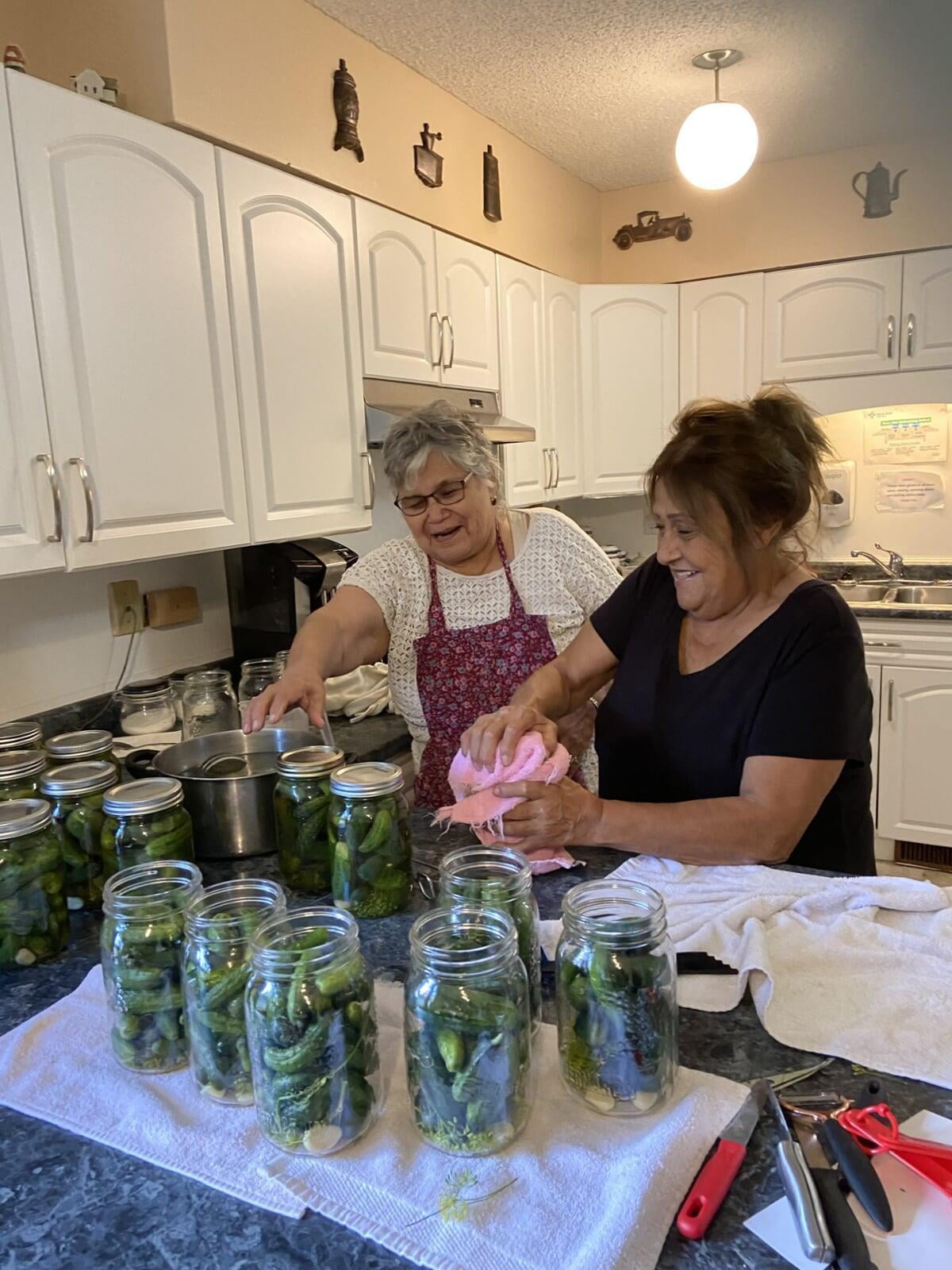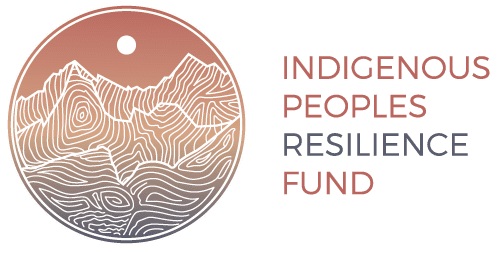[Ottawa, un-ceded Anishinabe Algonquin territory; 22 September 2020]
The Indigenous Peoples Resilience Fund (IPRF) has awarded $836,896.50 in financial support to 35 Indigenous-led organizations across Canada. The Fund, led by Indigenous philanthropic leaders and supported by a range of public and private funders, was established in June 2020 to address the impacts of COVID-19 in Indigenous communities. This is the first funding allocation of what funding partners and the IPRF team hope will be many more intakes.
Data shows that COVID-19 has exacerbated inequalities and continues to have a profound impact on communities with heightened vulnerability. For Indigenous communities and Indigenous-led organizations, working to respond to COVID-19 in the context of pre-existing economic and health disparities and against the backdrop of centuries of colonial history, the impacts have been even more pronounced.
To date, the new fund has received upwards of 250 applications. The oversight and approval of all funding decisions were made by the all-Indigenous IPRF Advisory Council. Community Foundations of Canada is serving as the host partner for the Fund.

- Deborah Saucier, Métis Nation of Alberta, President & Vice-Chancellor, Vancouver Island University and member of the IPRF Advisory Council
The following organizations have been approved for support in the four application intakes thus far. They have been awarded between $5,000 and a maximum of $30,000 to address key needs including:
Food Sovereignty and Food Security
Food Sovereignty and Food Security
- Baker Lake Prenatal Nutrition Program,
- Miinwashin Lodge,
- Curve Lake First Nation Food Bank,
- Onion Lake Health Centre, Community Health Program,
- Qay’Linagaay Heritage Centre Society,
- Métis Addictions Council of Saskatchewan
- Sweetgrass Youth Alliance,
- Gift Lake Métis Settlement,
- Ilitaqsiniq Nunavut Literacy Council,
- Gitga’at First Nation,
- Skwah First Nations
- Morning Sky Health & Wellness Society,
- Piikani Nation,
- Little Red Health
- Red Pheasant Health Centre
- Muskeg Lake Cree Nation
- Indian Island First Nation
- Metlakatla First Nation
- T’akhu Á Tlén Conservancy
- Welamiukotuk First Nation
Mental Health/ Cultural Support
Mental Health/ Cultural Support
- Municipality of Pond Inlet,
- Sweetgrass Youth Alliance,
- Niiwin Wendaanimak (Four Winds) Indigenous Wellness Program
- Yun Yah Indigenous Society
- Sucker Creek Womens Emergency Center
- UNAAG Cultural Society
- Frog Lake First Nation
- Ka Ni Kanichihk Inc.
Connectivity, Access, Education
Connectivity, Access, Education
- Northwest Métis Council
- Western Cree Tribal Council
- Empowering Indigenous Women for Stronger Communities, ,
- Isuarsivik Regional Recovery Centre
- Day Star First Nation
Capacity
Capacity
- Pitquhirnikkut Ilihautiniq / Kitikmeot Heritage Society,
- Secretariat of the Haida Nation*
FRANCES CHARTRAND, VICE PRESIDENT, NORTHWEST MÉTIS COUNCIL, MB
In Sucker Creek, Alberta, a community of 300 that’s part of Treaty 8 territory, elders are using IPRF support to break social isolation, connect as a community and build skills through weekly workshops offered by the local women’s shelter.
CONSTANCE WILLIER, ELDER AND PROGRAM LEAD FOR THE PROJECT
